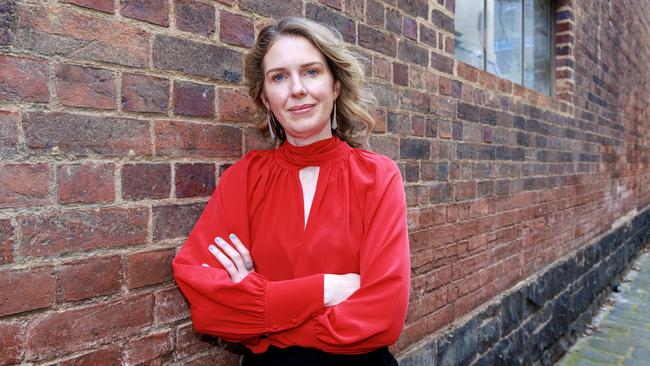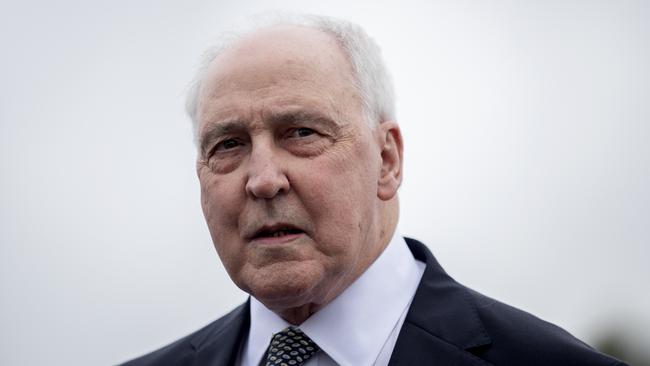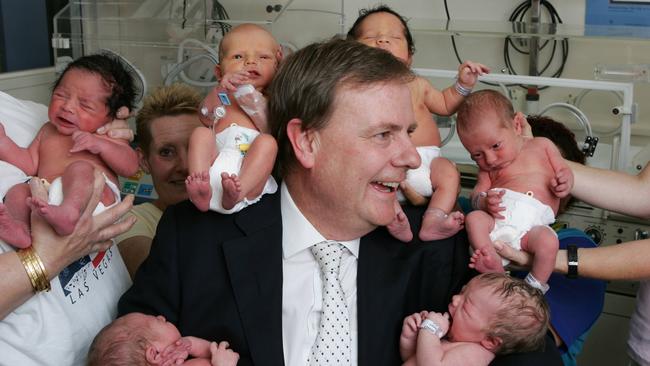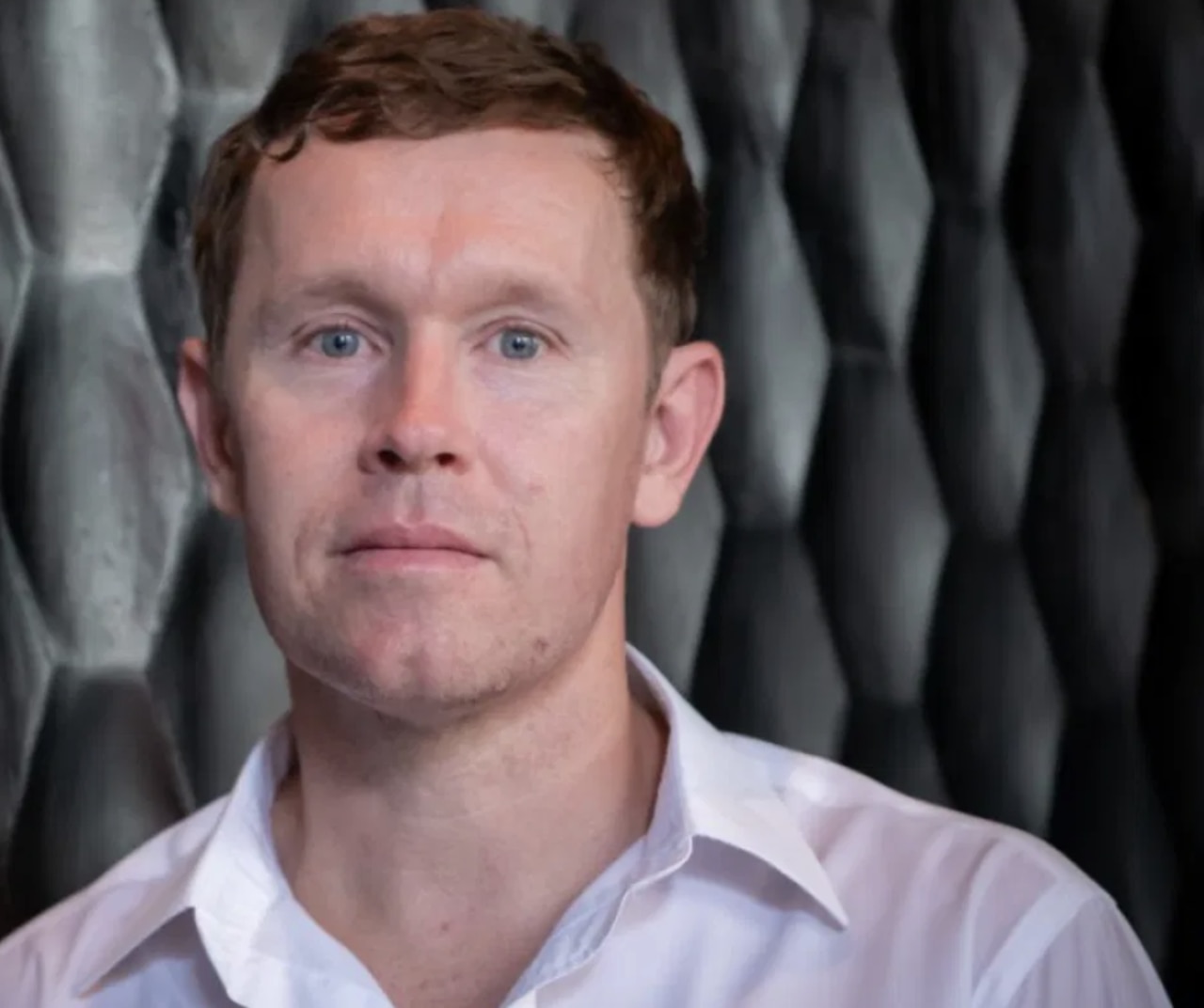
Journalism treats everything as new, but there is not much new in reporting of the financial difficulties of young Australians.
Look at this year’s themes: the ABC and Guardian Australia have focused on a generation struggling with housing and employment opportunities and the idea baby boomers are sucking the economic lifeblood from their children and grandchildren. This paper and the Australian Financial Review have concentrated on the need to boost national productivity to give the young a better life.
Millennials love the phrase “OK boomer”. The late Paddy McGuinness, former editor-in-chief of the AFR and daily columnist here, wrote often 35 years ago about the selfishness of boomers. McGuinness even supported death taxes so retired boomers would not need to depend on taxes paid by their children.
New Productivity Commissioner Danielle Wood repeated this old idea in her last days at the Grattan Institute when she called a fortnight ago for a discussion of death taxes.
In one column here on July 17, 1993, McGuinness argued that all costs incurred by the ageing – health, pension support, aged care home subsidies – should be deducted from their estates on death and returned to the government.

Releasing the latest Intergenerational Report, federal Treasurer Jim Chalmers last month outlined the problems the nation will face as the demographic bubble of the boomer generation retires. The economic and taxation reforms of the Hawke, Keating and Howard governments helped the boomers amass more wealth than their predecessors.
Yet the picture is not as simple as McGuinness back then or the left now would have you believe. In most of the Western world, boomers have been called the “sandwich generation”.
These are people who have had more responsibility for their own aged parents than McGuinness’s generation did and for their own children, now tending to stay with parents well into their 20s. Boomers have also become the “bank of mum and dad” as they lend to their children for home deposits.
The late The Australian business columnist Des Keegan regularly cited the decline of Argentina, the richest country in the world in 1900 but near the bottom of the international league table of prosperity by the 1980s. Sounds like bleak assessments of Australia’s likely decline in analysis of the IGR in recent weeks.
Keegan regularly warned Australians born in the 1980s could be the first generation poorer than their parents. We have heard this again this past month. Yet Keegan was wrong, and most intergenerational reports get lots wrong. In the first IGR in 2002, then treasurer Peter Costello predicted 25 million Australians by the early 2040s. We hit that number in 2018.
Labor treasurer Paul Keating tried to address housing and rental issues in the mid-1980s by axing negative gearing. This triggered the investor strike many had warned of, rentals soared in Sydney, and the policy was scrapped in 1987.

The Labor-aligned McKell Institute in 2016 tried to deny the fate of Keating’s intervention as it lobbied former Labor leader Bill Shorten to axe negative gearing if Labor won government. A federal Treasury paper on the issue accurately refers to an industry campaign against Keating’s tax change and soaring rentals in Sydney as investors walked away.
Greens housing spokesman Max Chandler-Mather should read that paper. He has in the past few months made political mileage out of trying to make the Greens the party of young renters. He advocates rent caps but seems not to understand landlords too are affected by high inflation.
Traditionally, state housing commissions were responsible for welfare housing. This columnhas pointed to the failure of moves since Kevin Rudd’s Labor prime ministership in 2007-10 for the federal government to assume responsibility for services traditionally delivered by states.
Rudd’s troubled GFC federal stimulus packages, particularly the pink batts home insulation scheme and the Building the Education Revolution program, were in areas the states traditionally manage.
His successor, Julia Gillard, created economic time bombs in education via the Gonski reforms and in disability via the NDIS.
Why would anyone now imagine the federal government will do better in housing?
And while lifting interest rates from effectively zero to 4 per cent during the past year has been painful, Australians should not believe housing is unattainable. Young people may have to move to get what they want, just as two generations ago the young moved to very unfashionable and derelict inner city areas. They might also need to save more and spend less on consumables, in the way their parents had to.
Yet the home ownership rate across the nation has been near 70 per cent since the 1960s and remains at 67.5 per cent now.
Newspapers in the late 1980s were already forecasting the decline of home ownership as mortgage interest rates soared to 18 per cent. Yet a more important driver than interest rates now is the supercharged immigration rate: 750,000 over two years.
McGuinness was concerned about falling fertility rates and the impost retiring boomers would place on young taxpayers. Costello took up the same theme in 2004 calling on Australians to have a third child “for the country”.
This has not happened but immigration has been used to replenish the ranks of younger taxpayers. This has put great pressure on housing, transport, schools and hospitals in the outer suburbs of our main cities while masking the effects of falling per capita national income.
Short of increasing natural fertility, migration is key to supporting an ageing population but critics of what has become a population Ponzi scheme are correct to call for a more nuanced debate on immigration numbers.

The AFR and The Australian have reported Chalmers and former Treasury secretary Ken Henry warning last month of slowing growth rates and rising reliance on personal income tax.
But while many have recommended increased taxes on resources super profits and a faster transition to renewable energy, there has been a rearguard action by the government to claim the 1980s prescriptions for productivity – competition policy, tariff reductions, industrial relations and tax reform – are just so yesterday.
They would say that, given Labor’s anti-productivity workplace reforms, big-taxing agenda and reticence to take a bold approach to anything.
Remember, the high productivity rates that kept this country out of recession for 30 years before the pandemic were built on Keating’s cut of top income tax from 61 to 49 per cent and company tax from 49 to 39 per cent in 1988 and to 33 per cent in 1993.
With the help of ACTU secretary Bill Kelty, Hawke and Keating also reformed and decentralised the wages system, building a less cosseted, more ambitious workplace culture. Now the media consensus apart from here and the AFR is that “fairer” IR rules and bigger taxes are the path to prosperity. Wrong.
As economics editor John Kehoe wrote in Thursday’s AFR, real wages growth from 1997 to 2010 averaged 2.2 per cent. That has since halved to 1.1 per cent and has gone backwards with the inflation of the past year.
Post-Hawke Australia earned the income to sustain the national superannuation scheme, Medicare, family tax benefits and the aged pension. We did this without European high taxes or a US laissez-faire attitude to welfare. This is the sort of bold policy agenda young Australians need from a government.






